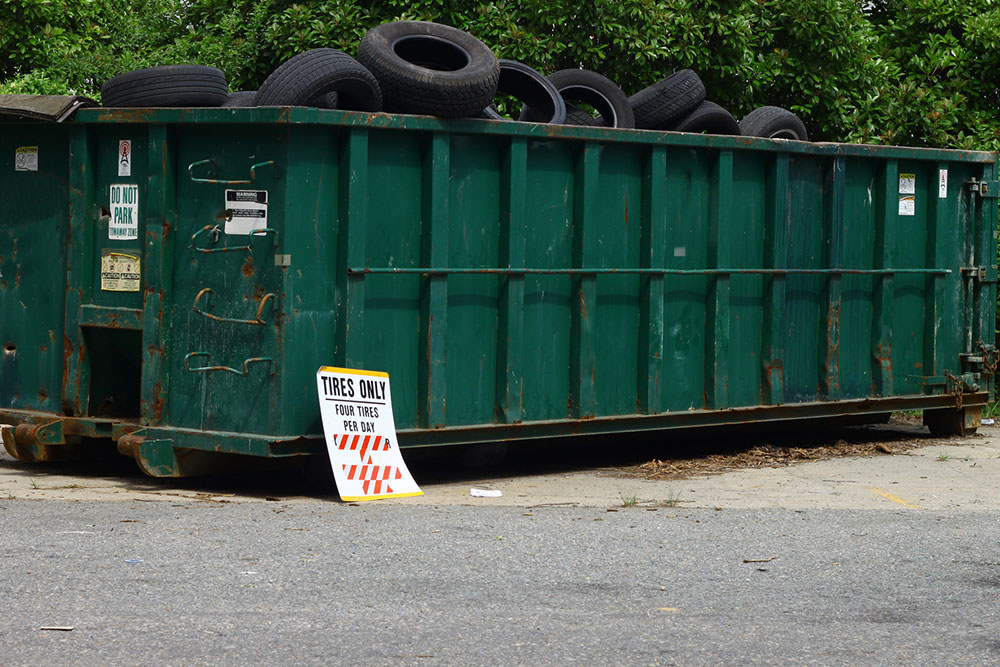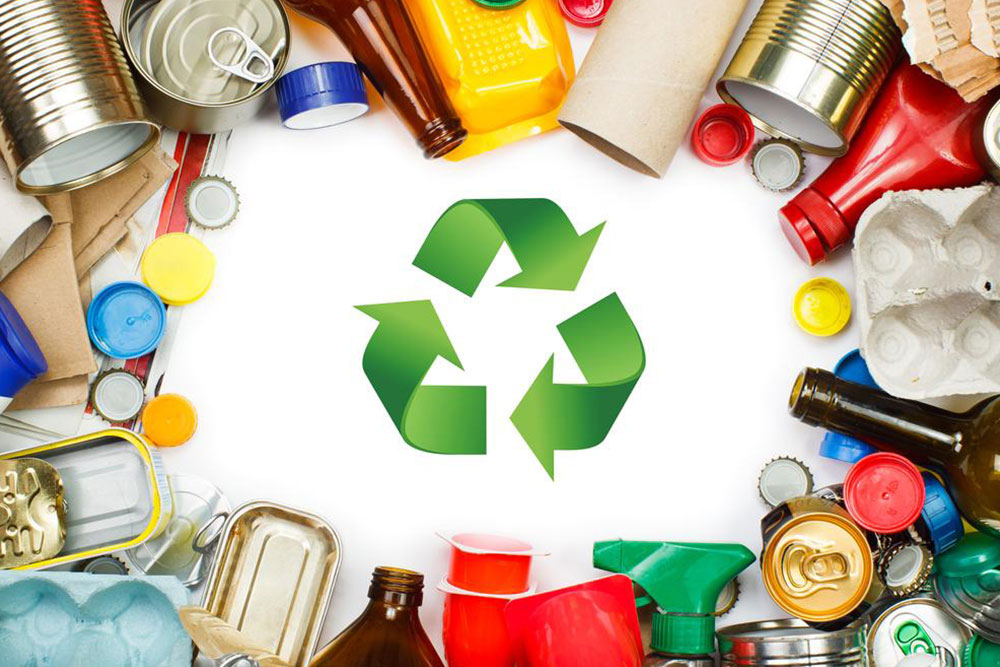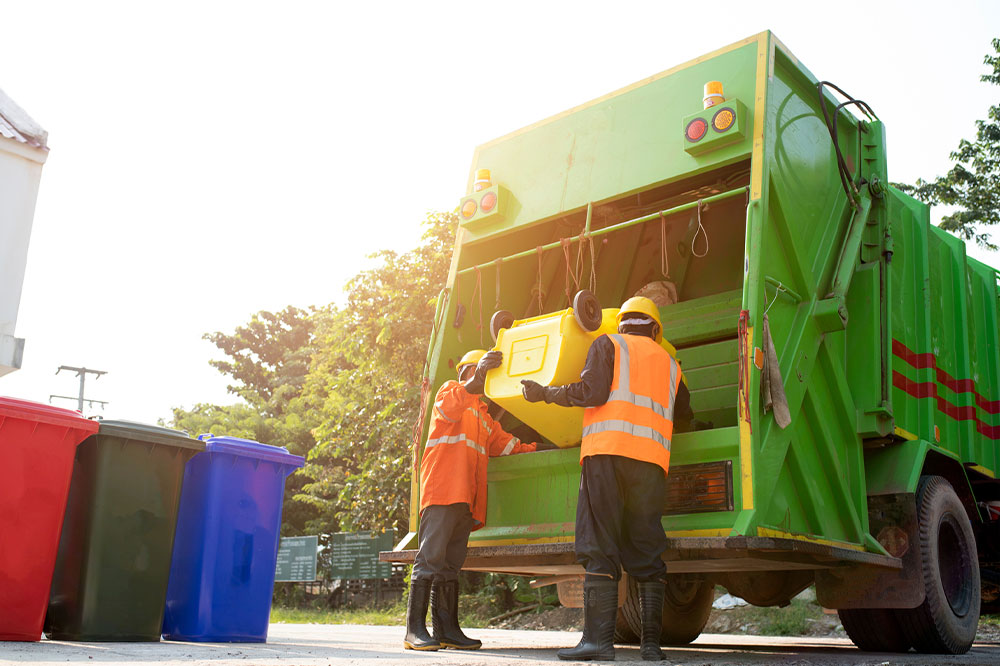Eco-Friendly Tire Disposal: Sustainable Methods, Benefits, and Practical Tips
This comprehensive guide discusses eco-friendly methods for tire disposal, emphasizing sustainable recycling practices, their benefits, and practical tips to find local recycling centers. Recycling tires reduces environmental harm, conserves resources, and promotes safer infrastructure. Learn how to participate in responsible waste management and support sustainable development through effective tire recycling techniques.

Eco-Friendly Tire Disposal: Sustainable Methods, Benefits, and Practical Tips
Every year, millions of tires reach the end of their usability, posing serious environmental challenges worldwide. Improper disposal methods, such as illegal dumping or uncontrolled landfilling, lead to environmental degradation, pollution, and health hazards. To address this pressing issue, tire recycling has emerged as an effective and environmentally responsible solution. This comprehensive guide delves into the entire tire recycling process, elucidates the numerous benefits of recycling tires, and offers practical tips on how individuals and businesses can locate and utilize local tire recycling facilities effectively.
Understanding Tire Recycling: An In-Depth Overview
Proper disposal of used tires begins with organized collection and responsible transportation to recycling centers. Many communities establish designated drop-off points where consumers and companies can deposit used tires safely and conveniently. This systematic collection process plays a crucial role in preventing illegal dumping, which can lead to environmental contamination and health risks.
Once collected, the tires undergo a sophisticated recycling process at specialized facilities. The process involves several detailed steps designed to maximize the reuse of valuable materials embedded within tires, including rubber, steel, and fabric components.
Initial stages in recycling involve shredding tires into smaller fragments, which facilitates the extraction of raw materials. Advanced machinery separates rubber from the steel belts and textile fibers, allowing these materials to be repurposed in various industries. This transformation not only reduces waste but also transforms used tires into a valuable resource with multiple applications.
Innovative Applications of Recycled Tire Materials
Asphalt Additives for Road Construction: Crumb rubber derived from shredded tires is blended with asphalt to produce high-performance road surfaces. These surfaces are more durable, withstand heavy traffic, and offer superior noise reduction and traction, contributing to safer and more sustainable infrastructure.
Playground and Sports Surface Materials: Recycled rubber materials are resilient and shock-absorbent, making them ideal for playground surfaces, sports fields, and running tracks. They significantly increase safety for athletes and children by reducing impact injuries.
Footwear Industry Components: Reclaimed tire rubber is frequently incorporated into the soles of sneakers and casual footwear. This not only enhances the durability and comfort of shoes but also aligns with eco-conscious manufacturing trends.
Landscaping and Mulching: Processed tire rubber is used as landscaping mulch, which aids in retaining soil moisture, suppressing weed growth, and deterring pests. Using recycled rubber in landscaping projects is an eco-friendly alternative to organic mulches.
Building Materials and Insulation: Recycled rubber is integrated into components such as roofing shingles, soundproof barriers, and foundational materials. These applications improve insulation, reduce noise pollution, and enhance structural stability, promoting greener building practices.
Beyond its practical applications, recycling tires offers an array of environmental, economic, and infrastructural benefits:
Environmental Advantages: Recycling significantly reduces the accumulation of tires in landfills, lowering fire hazards, methane emission from decomposing rubber, and soil and water pollution caused by illegal dumping.
Conservation of Resources: By extracting raw materials from recycled tires, the demand for virgin resources such as rubber, steel, and textiles diminishes, leading to conservation efforts and reduced environmental footprint.
Economic Opportunities: The tire recycling industry fosters job creation across various sectors—from collection and processing to manufacturing and distribution—supporting sustainable economic growth.
Enhanced Infrastructure: Rubberized asphalt improves road quality by making surfaces smoother, quieter, and more resistant to wear, greatly benefiting communities affected by heavy traffic and urban noise pollution.
Effective Ways to Locate a Tire Recycling Facility Near You
Digital Search Engines: Performing online searches with phrases like “tire recycling center near me” or “local tire disposal services” can quickly identify nearby facilities.
Official Local Directories: Consult printed or online directories maintained by local authorities or environmental organizations for a comprehensive list of licensed recycling centers.
Government and Environmental Agency Websites: Many government agencies provide maps and lists of authorized recyclers and disposal sites, ensuring compliance with local regulations.
Partnerships with Auto and Tire Shops: Local auto repair shops and tire retailers often collaborate with recycling centers or accept used tires for proper disposal.
Community Forums and Networks: Engage with neighborhood groups, community boards, or social media platforms to gather recommendations and feedback about reputable recycling services.
Recycling Mobile Apps and Online Platforms: Several apps and platforms facilitate locating recycling stations, scheduling pickups, or booking drop-off appointments efficiently.
Direct Communication: Contact local waste management services, landfill operators, or scrapyards directly for guidance and referral options.
Recycling used tires is not just an environmentally responsible act; it is a practical step towards sustainable living. Proper disposal conserves natural resources, reduces pollution, and supports the development of innovative products that benefit society. By choosing recycling options and advocating for responsible waste management, individuals and businesses can significantly contribute to creating a healthier planet and a more sustainable future.





